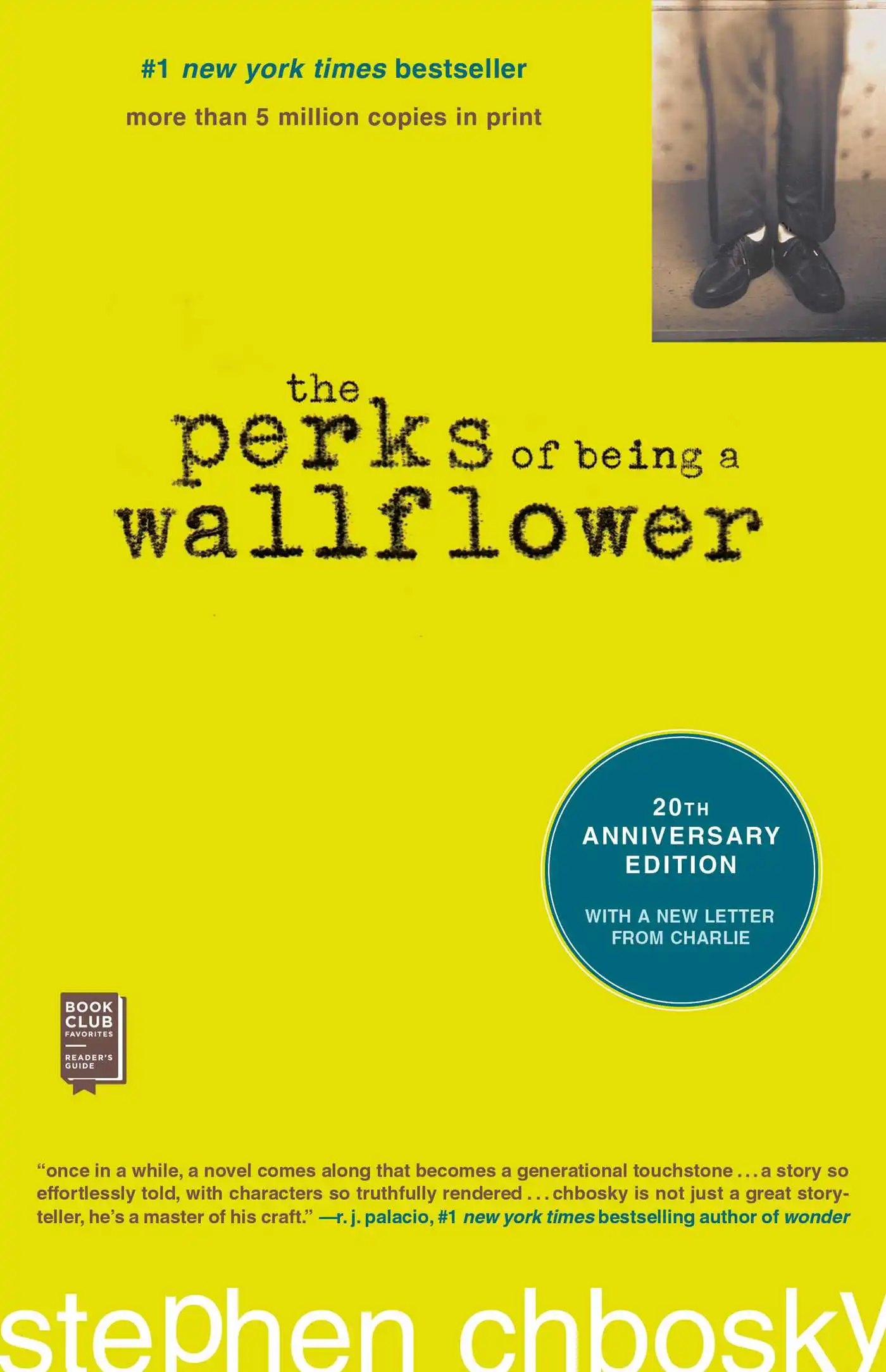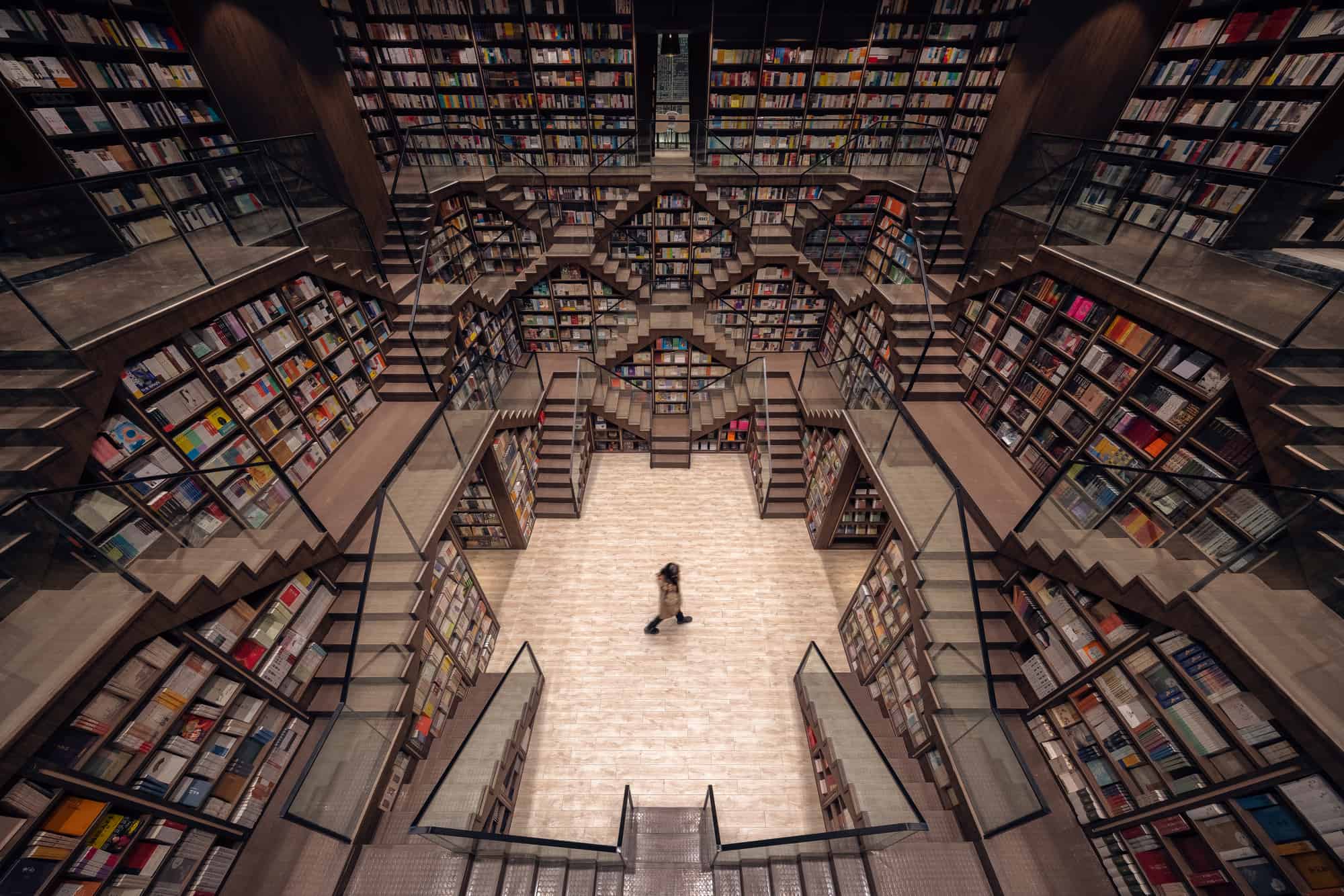Banned Book Club
632 readers
1 users here now
Community dedicated to discussion of banned and challenged books.
Please follow this instances rules.
To find more communities on this instance, go to: [email protected]
founded 1 year ago
MODERATORS
26
27
28
29
30
31
1
Library bomb threats prompt closings citywide, special police attention (Chicago)
(chicago.suntimes.com)
32
33
34
35
1
Fort Worth ISD libraries closed to students for 2 weeks as over 100 books are under review
(www.star-telegram.com)
36
37
39
40
41
42
43
44
45
1
HISD to eliminate librarians, turn libraries into discipline centers at 28 campuses
(www.click2houston.com)
46
47
48
49
50



